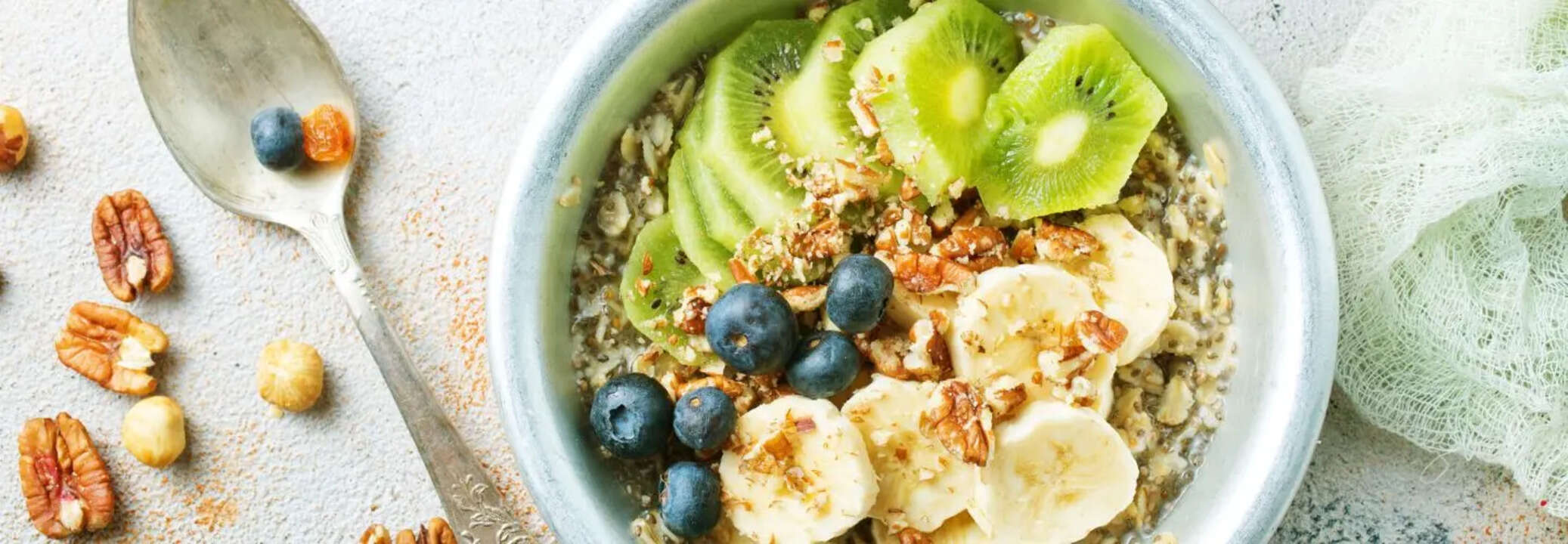What Is The Best Breakfast You Can Have After Having Too Much Sugar

Breakfast (Credit: Canva)
SummaryThe best food to have in the morning after consuming excess sugar should be full of fibre and protein, as per dieticians. Both these nutrients help steady your blood sugar and insulin levels.
End of Article
